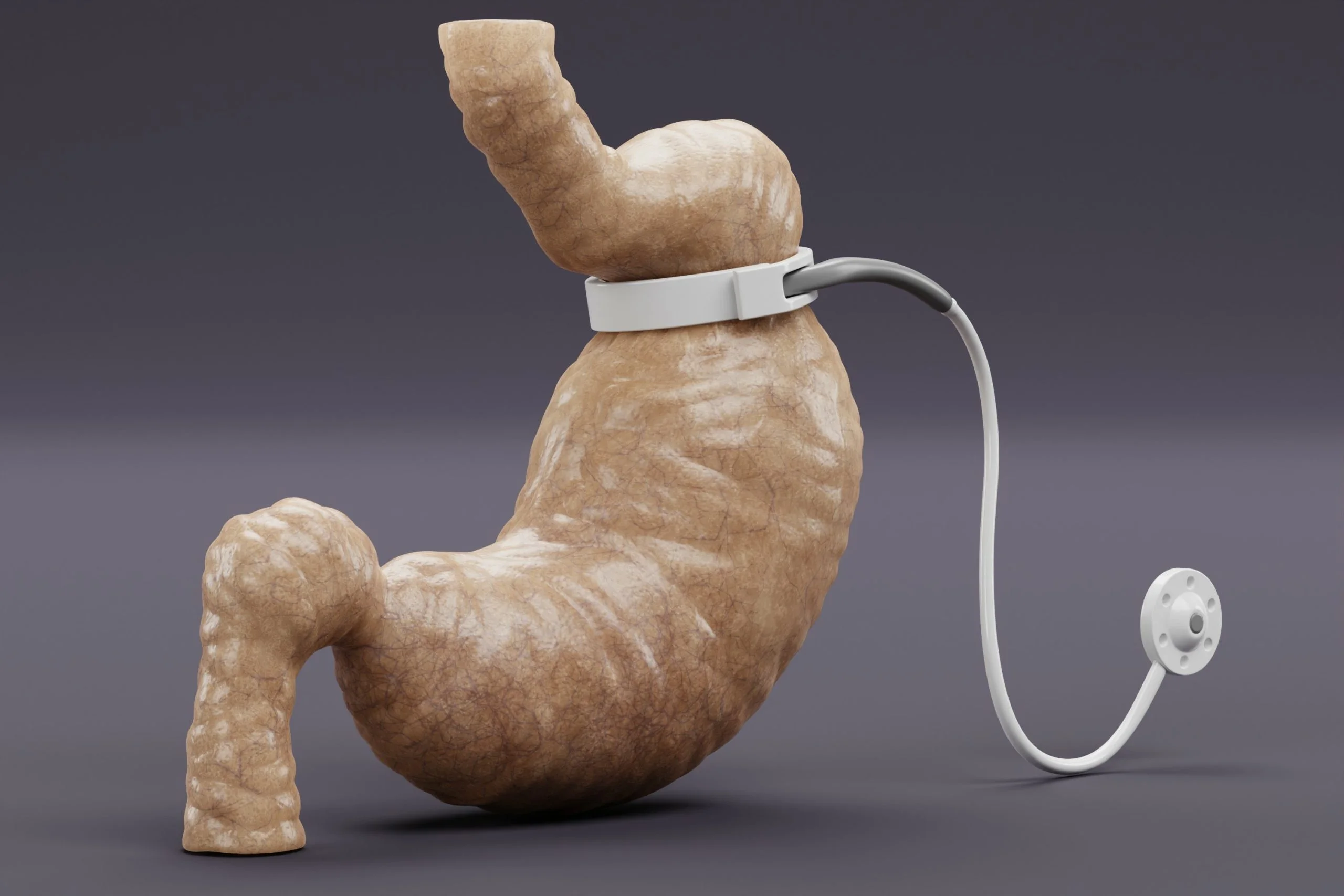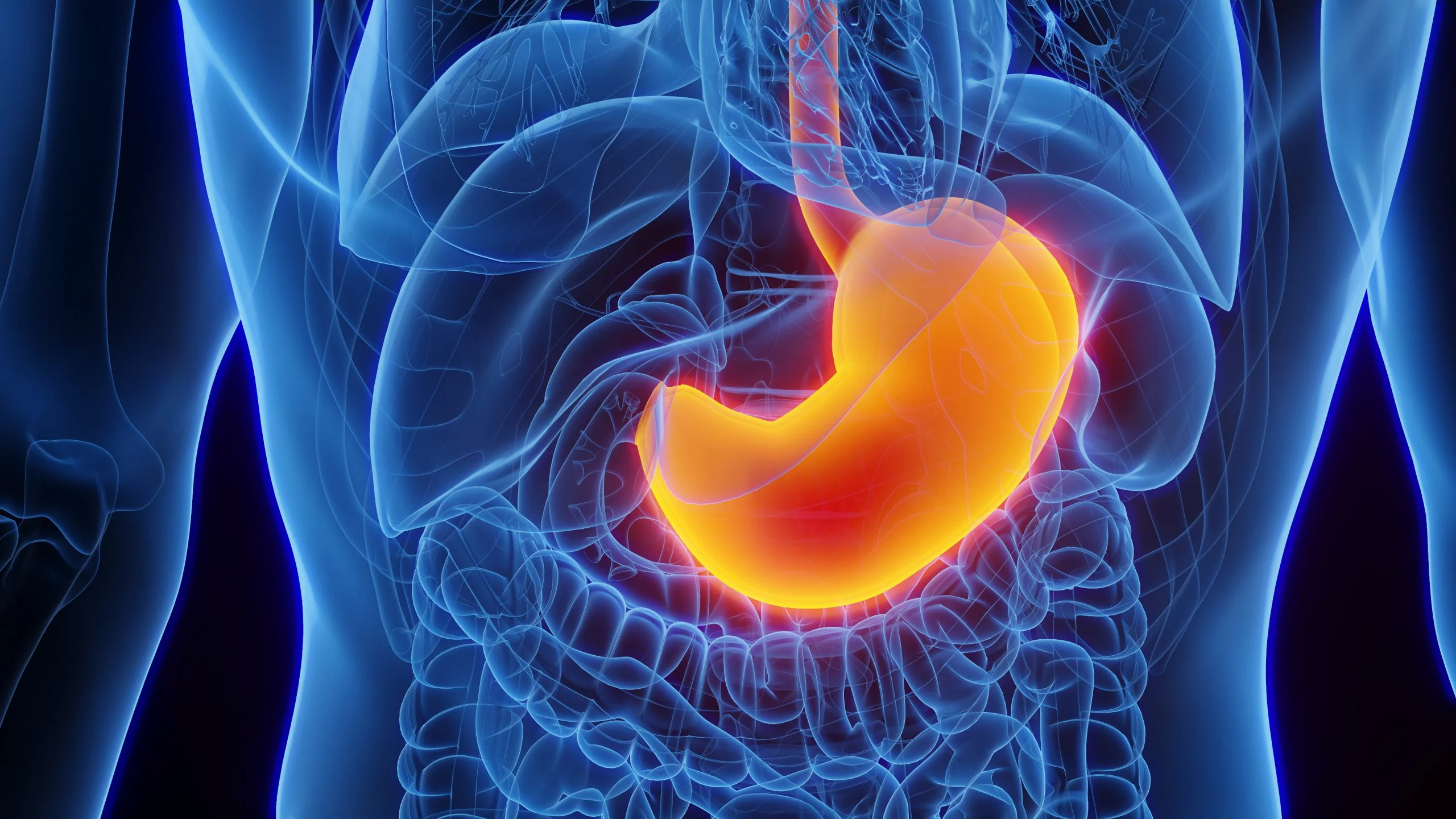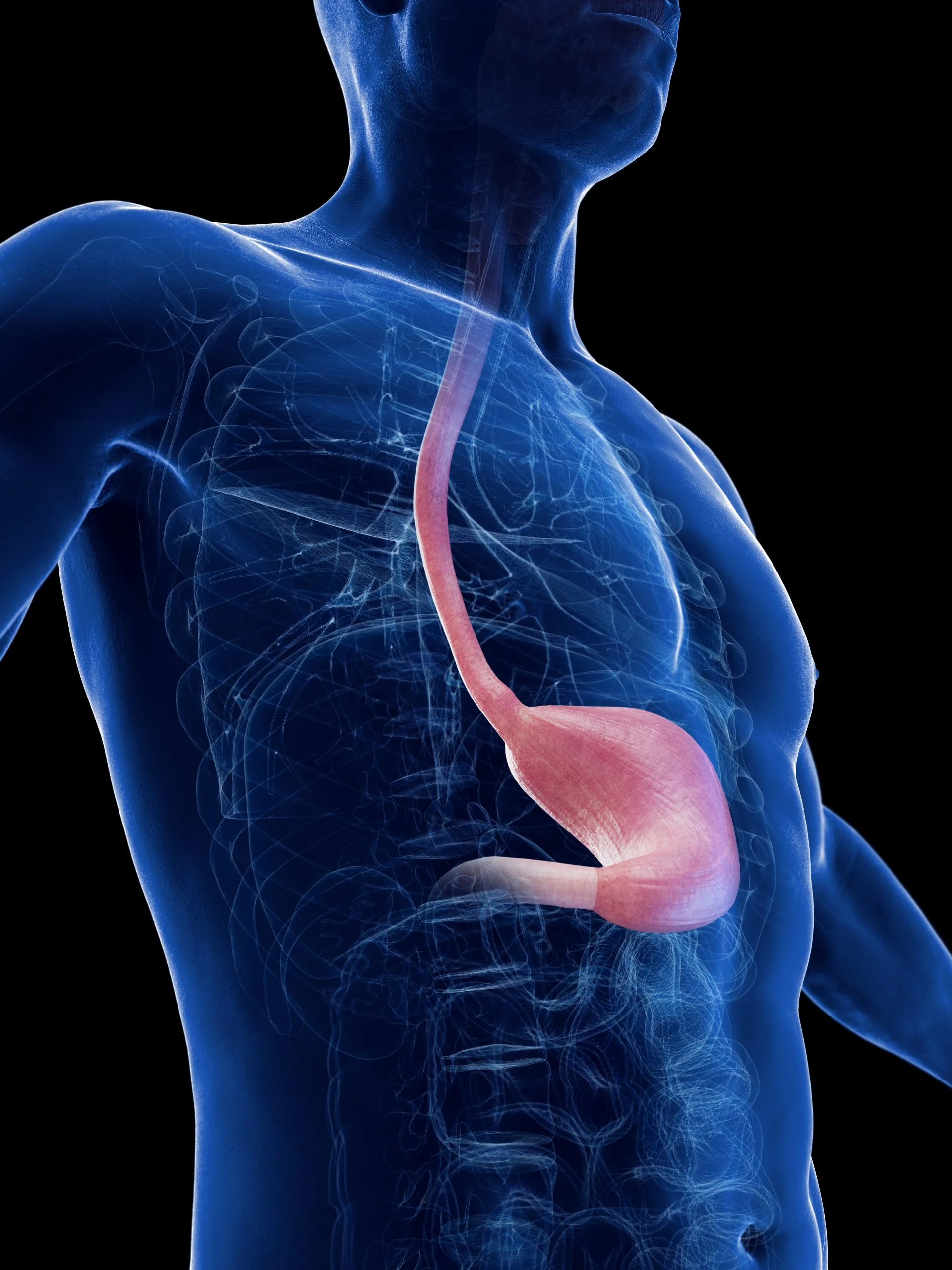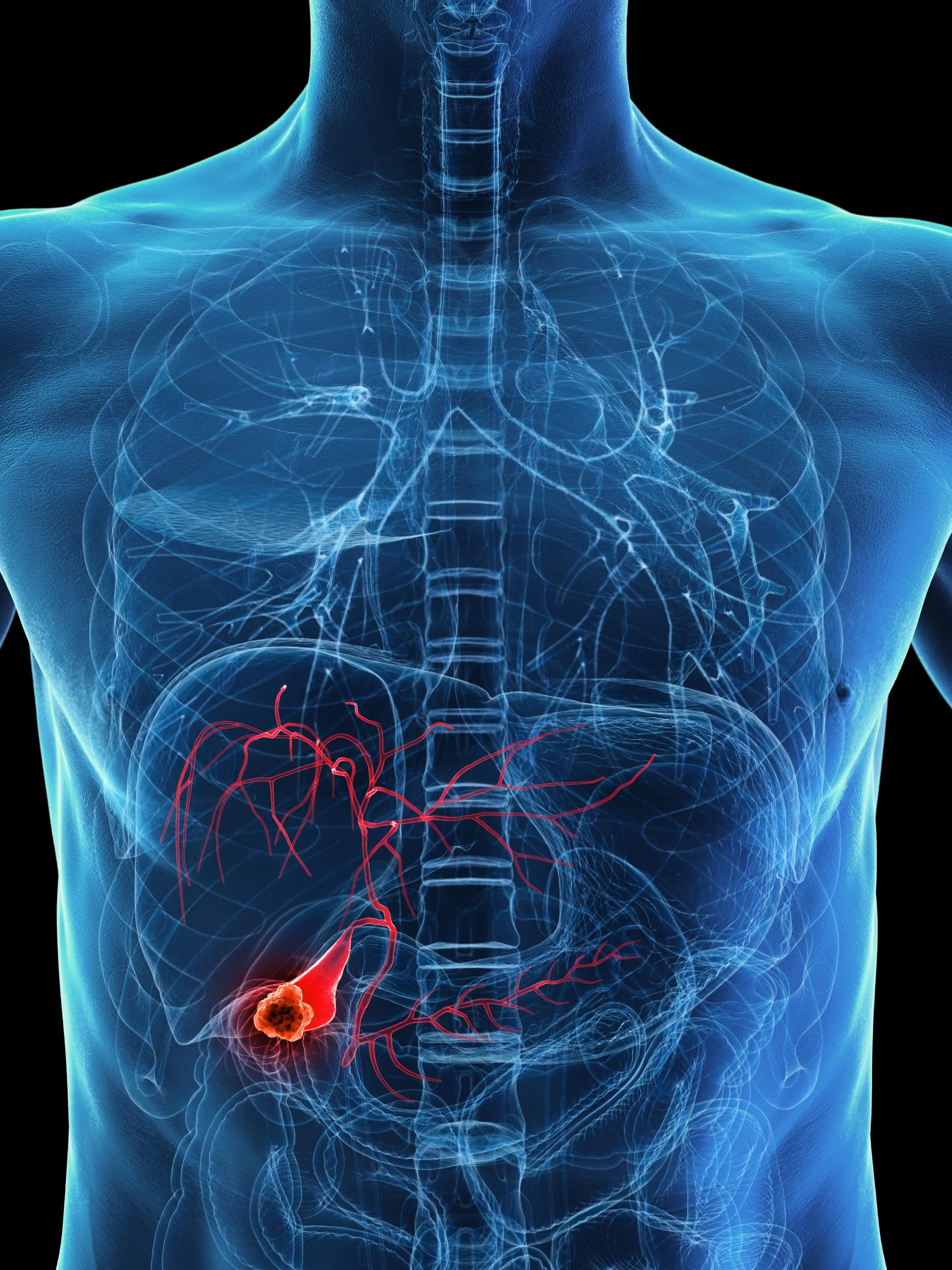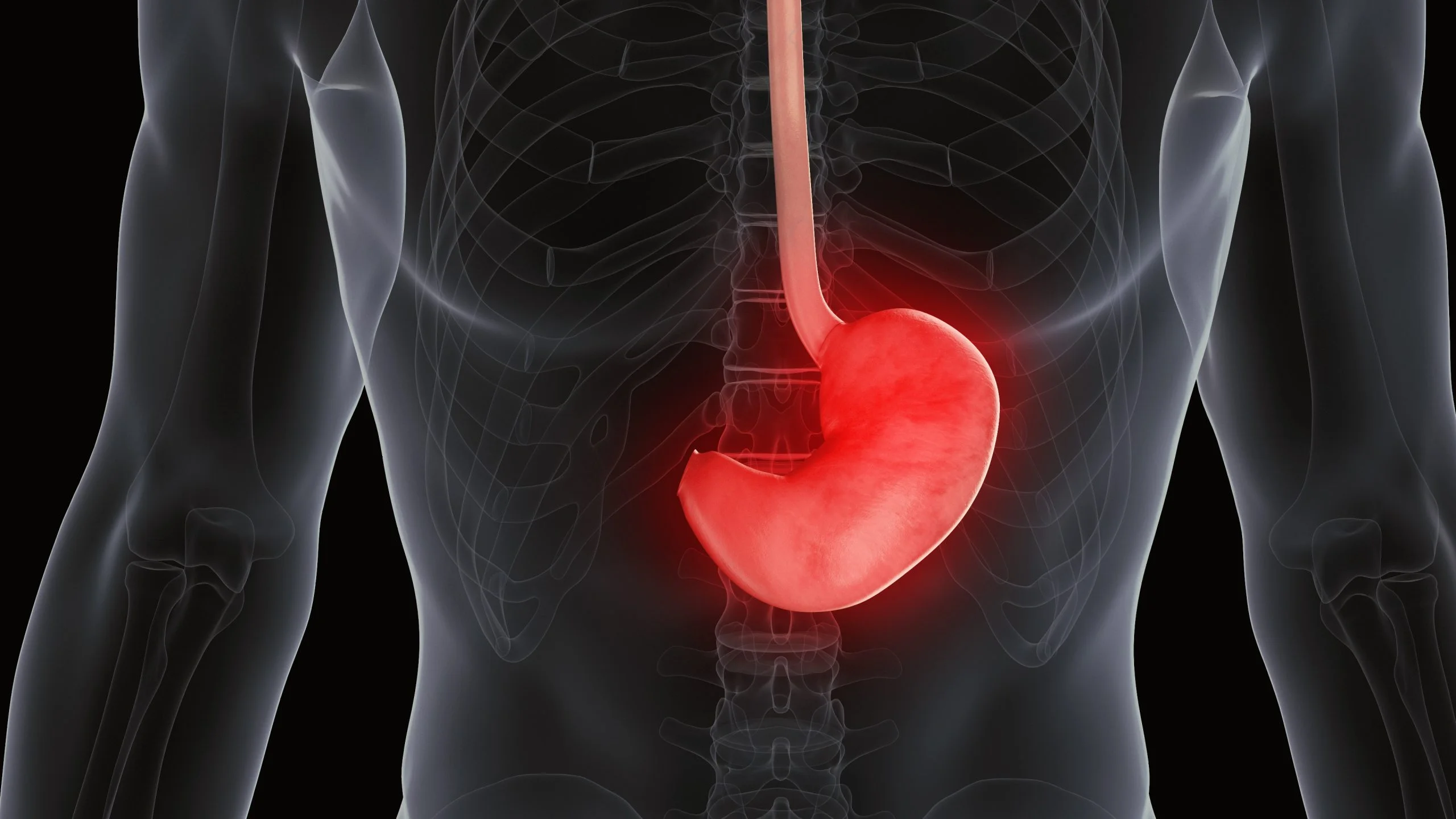Weight Loss Surgery in Dallas & Fort Worth, Mansfield & Plano, TX
- Home
- Weight Loss Surgery

The Obesity
Epidemic
Obesity is rapidly worsening, with almost one third of the global population being overweight and facing related comorbid conditions. In fact, obesity is the leading secondary cause of death in many western countries, including the United States.

Transform
your Life
Weight loss surgery changes lives. For those who unable to achieve their weight loss and health goals through dieting, exercise, and other lifestyle changes, surgical treatments allow people to live their best lives. Call our team of board-certified weight loss surgeons at DFW Bariatrics and General Surgery in Dallas, Fort Worth, Mansfield & Plano.

Durable and
Effective Results
Surgical weight loss solutions are the most effective and lasting treatment for not only obesity, but health problems such as diabetes, sleep apnea, high blood pressure, and joint disease.

Are You a
Candidate?
After going through your medical history, running diagnostic tests, and evaluating your current health condition, our weight loss doctors in Dallas, Fort Worth & Mansfield will recommend a suitable weight loss surgical procedure. Opt for a weight loss consultation today.
Thinking about Weight Loss Surgery? Speak with Us!
If you are considering weight loss surgery in Dallas, Fort Worth, TX, award-winning surgeon Dr. Sachin Kukreja of DFW Bariatrics and General Surgery can help you achieve your weight loss goals. Book an appointment today, to consult one of our highly experienced weight loss surgeons. To learn more about minimally invasive weight loss procedures or enroll in a DFW weight loss surgery program, simply fill out our Appointment Form or call 469-620-0222. You can also email [email protected].


Available Weight Loss Surgeries in Dallas & Fort Worth, Mansfield & Plano, TX
The team of Drs. Sachin Kukreja and Elizabeth Hooper of DFW Bariatrics and General Surgery offer all the popular and effective weight-loss surgeries to the Dallas community. These include:
Frequently Asked Questions on Weight Loss Surgery
Weight loss surgery, also known as bariatric and metabolic surgery, is particularly helpful in treating obesity, diabetes, sleep apnea, high blood pressure, and high cholesterol, among many other health disorders. Patients with obesity who opt to undergo weight loss surgery in Dallas can generally expect a higher quality of life and longer lifespan. Through anatomic changes to the GI tract, surgery results in a decrease in an individual’s food intake and a shift in how the body absorbs food for energy, resulting in reduced hunger and a faster feeling of fullness. Weight loss programs available in Dallas help the body acquire and maintain a healthy weight over time. We offer the right weight loss solution for you.
All of the bariatric procedures on offer at our weight loss clinic in Dallas are proven to be safe and effective. The safest operation is the one that you are best suited for. In many cases, bariatric surgery is safer than having your gallbladder removed as these operations are performed electively after all health conditions have been evaluated and optimized. Sleeve gastrectomy is generally the most popular operation at this time. With this procedure, approximately 75% of the stomach is removed through 4 or 5 small incisions.
The criteria that determines whether or not an individual in DFW qualifies to undergo weight loss surgery includes height, weight, and health problems. When a person’s BMI is 35 or more, they should consider consulting a weight loss surgeon to discuss bariatric surgery. Our Dallas weight loss management programs are generally recommended for patients with a BMI of 30 to 40, who have diabetes, fatty liver, high blood pressure, or sleep apnea, among other conditions, or those about 40 without health problems.
A weight loss program is focused on helping people lose weight through surgical or non-surgical treatments. On the other hand, a weight management program focuses on helping you maintain a healthy weight and BMI over time, whether in the absence of surgery or post-surgery. You can successfully manage your weight only if you exercise regularly and stick to a healthy diet. While a weight loss surgeon in Dallas can help you lose weight through a procedure, it is a dietitian who is responsible for assigning you a custom diet for successful weight management.
A trusted weight Loss specialist helps overweight or obese patients lose weight quickly and safely by addressing their individual needs. A weight loss physician has additional training in nutrition and weight loss. They are experts in weight loss techniques that can assist a person not only to lose weight but also to eventually keep it off.
There are many weight loss programs in Dallas to choose from. To make an appointment with a reputable weight loss doctor in Dallas, you may want to speak to your friends and family and seek their recommendations. You may also search “weight loss surgeon near me” on Google to find relevant options. If you are looking for proven weight-loss services, consider visiting our weight loss surgery clinic in Texas. To book an appointment with one of the highly skilled board certified doctors in Dallas, Texas, simply call 469-620-0222, 469-620-0223 or fill out our online appointment form. DFW Bariatrics and General Surgery is the trusted destination for weight loss in Texas.

